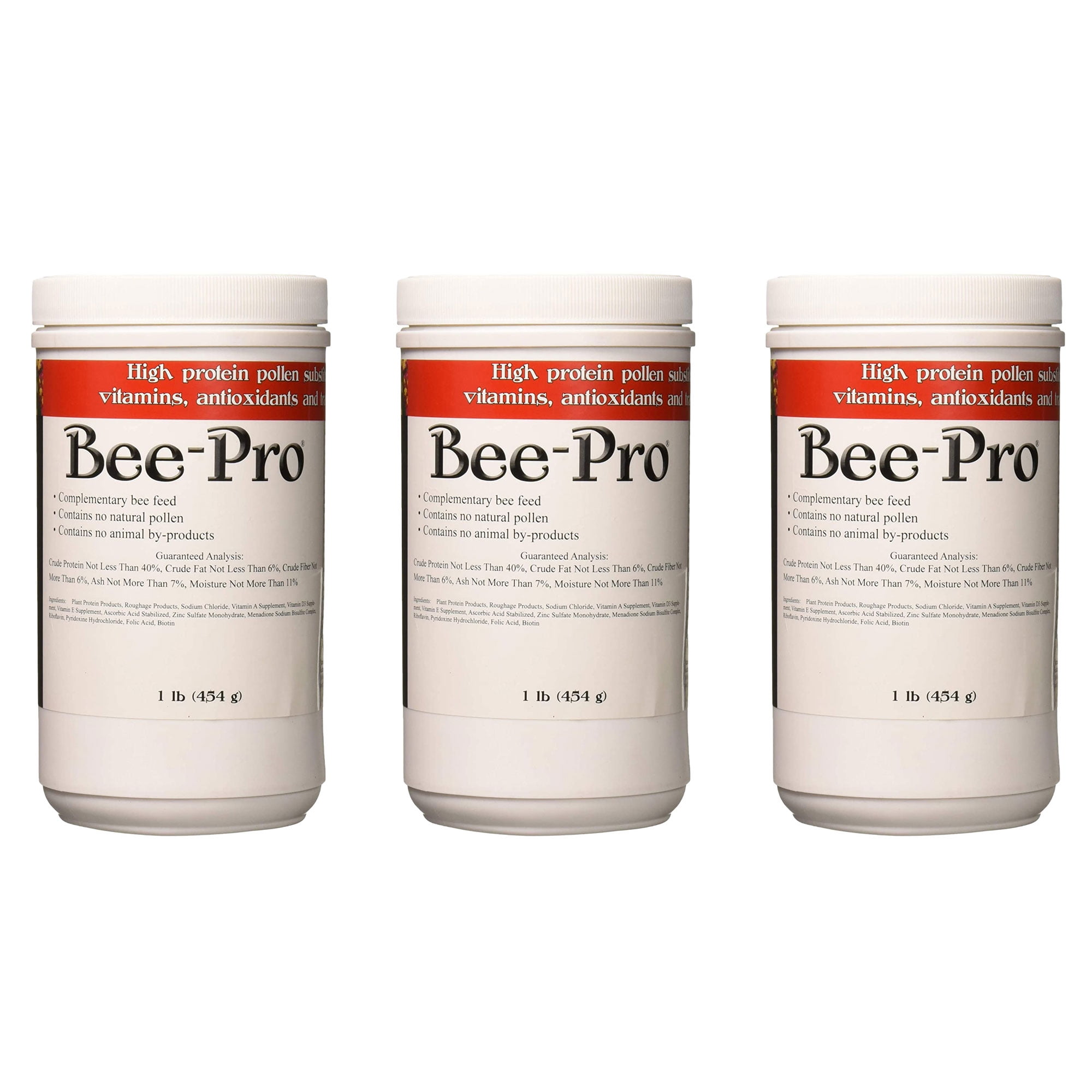
These substitutes are largely composed of protein supplements and are most often prepared from crude protein isolates such as whey, soy, or yeast extracts. Beekeepers often use pollen substitutes to aid colonies through sparse periods or to prepare them for a spring buildup. Honey bee colonies are frequently managed in settings where pollen sources are inadequate due to nutritionally poor forage or seasonal dearth. This coat is made up of an outer exine layer composed of the inert lipid and phenolic biopolymer sporopollenin and an intine layer composed mostly of cellulose, pectin, and other polysaccharides.

Each grain is made of a core cytoplasm comprised mostly of proteins, carbohydrates, and vitamins, surrounded by a durable coat called the pollenkitt. e., vitamins, and minerals) linked to physiological processes, and nectar, which provides the main source of energy in the form of simple carbohydrates. Honey bee ( Apis mellifera) nutrition is based on the intake of two resources that foragers collect from flowering plants: pollen, which provides proteins, lipids, and other nutrients ( i. United States Department of Agriculture, National Institute of Food and Agriculture award 2018-67013-27540 National Institutes of Health: National Institute of General Medical Sciences award: R35GM131738 The funders had no role in study design, data collection and analysis, decision to publish, or preparation of the manuscript.Ĭompeting interests: The authors have declared that no competing interests exist.

#Bee pollen substitute archive#
Sequencing data are deposited in the NCBI sequence read archive under Bioproject PRJNA911754.įunding: Grants to N.A.M. The work is made available under the Creative Commons CC0 public domain dedication.ĭata Availability: Minimal data used to generate plots may be found in Supporting Information tables.
#Bee pollen substitute free#
This is an open access article, free of all copyright, and may be freely reproduced, distributed, transmitted, modified, built upon, or otherwise used by anyone for any lawful purpose. Received: DecemAccepted: Published: May 19, 2023 PLoS ONE 18(5):Įditor: Kai Wang, Institute of Apicultural Research, CHINA Our findings demonstrate that a pollen-free diet significantly impacts the gut microbiota and gene expression of honey bees, indicating the importance of natural pollen as a primary protein source.Ĭitation: Powell JE, Lau P, Rangel J, Arnott R, De Jong T, Moran NA (2023) The microbiome and gene expression of honey bee workers are affected by a diet containing pollen substitutes. Lastly, we demonstrated that for bees inoculated with a defined gut microbiota, those raised on an artificial diet were less able to suppress infection from a bacterial pathogen than those that were fed natural pollen. In subsequent experiments, we showed that these shifts in gene expression may be linked to colonization by the gut microbiome. Furthermore, the pollen-free diet sharply reduced the expression of genes central to honey bee development. Our experiments on the impact of different diets showed that a simplified pollen-free diet formulated to resemble the macronutrient profile of a monofloral pollen source resulted in larger microbial communities with reduced diversity, reduced evenness, and reduced levels of potentially beneficial hive-associated bacteria.

The crude proteins in these supplemental feeds are typically byproducts from food manufacturing processes and are rarely derived from pollen. During periods of reduced availability of floral pollen, supplemental protein sources are frequently provided to managed honey bee colonies.

It also includes complex polysaccharides in its outer coat, which are largely indigestible by bees but can be metabolized by bacterial species within the gut microbiota. Pollen is the primary source of dietary protein for honey bees.


 0 kommentar(er)
0 kommentar(er)
